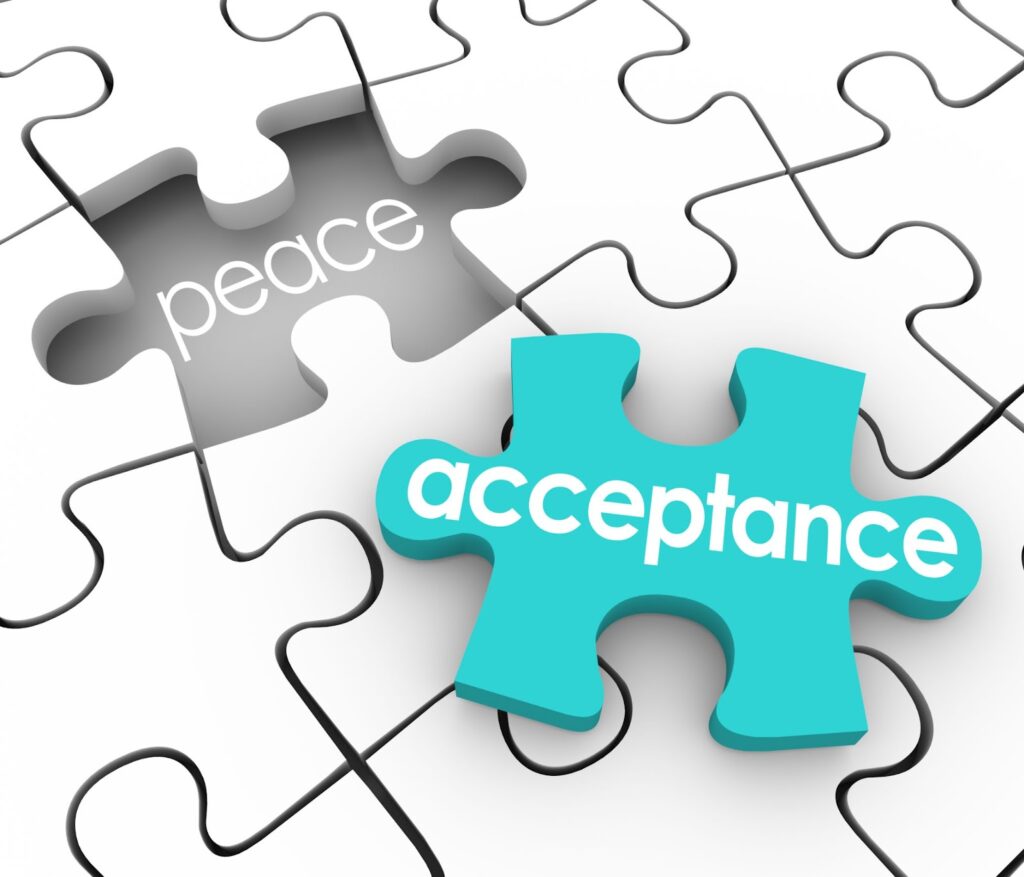Post argument anxiety is the feeling of anxiousness or stress that comes after engaging in an argument.
It can be caused by many things, such as worrying about the outcome of the argument or feeling like you didn’t do your best.
Post argument anxiety can cause a lot of physical symptoms, such as a racing heart, sweating, and difficulty breathing.
Some other symptoms of post-argument anxiety can include feeling on edge, being irritable, or having difficulty sleeping.
Arguing with your partner can be an extremely frustrating experience even if you think you won the argument.
You may feel like you’re not being heard, or that your partner is deliberately trying to push your buttons.
But what if the root of the problem isn’t your partner at all?
What if it’s not you either but rather something else in the back of your mind that has been causing you distress since even before the argument began?
If you’re experiencing post argument anxiety, there are a few things you can do to ease your symptoms.

1. Recognize Your Symptoms
For many people, anxiety is a normal and even healthy reaction to stress.
But when anxiety becomes severe, it can take over your life.
It’s important to be able to recognize the symptoms of anxiety so that you can get the help you need.
Anxiety can cause physical symptoms like sweaty palms, a racing heart, and feeling lightheaded or dizzy.
You may also feel like you can’t catch your breath, or like you have an upset stomach.
If you’re experiencing any of these symptoms, it may be wise to talk to your doctor.
Anxiety can also cause emotional symptoms like feeling on edge, being irritable, or easily frustrated.
You may have trouble sleeping or concentrating, and you may find yourself avoiding things that make you anxious.

2. Identify And Understand Your Triggers
In everyday life, we experience different emotions.
Sometimes we feel happy, other times we feel anxious.
When we feel anxiety, it is often in response to a trigger.
A trigger is anything that sets off our anxiety.
It can be an event, a thought, or even a memory.
Triggers are different for everyone.
What triggers one person’s anxiety may not trigger another person’s anxiety.
It is helpful to identify our own personal triggers so that we can better understand our anxiety and how to deal with it.
There are some common triggers that tend to set off anxiety in many people.
These include things like public speaking, being in large crowds, or having an argument with someone.
If you find yourself feeling anxious in these situations, it may be helpful to try some relaxation techniques or take some time for yourself to calm down.
Specifically regarding post argument anxiety however, try thinking back to the point at which you began to become frustrated and try to identify what exactly it was that triggered you to feel that way.
Once you have done that, go even further back to when you first became uncomfortable and identify what exactly it was that initially made you uncomfortable.
That is likely the root cause of your problem.

3. Acknowledge Your Feelings
It’s inevitable that you’ll get into arguments with the people you care about.
And while it’s important to stick to your convictions, it’s also essential to be able to acknowledge your feelings and listen to what the other person has to say.
After all, relationships are built on communication and compromise.
If you’re feeling anxious after a heated discussion with your partner, try these tips for cooling down and restoring peace:
-Take some time for yourself: Go for a walk, take a bath or just sit in silence for a few minutes. This will help you clear your head and recenter yourself.
-Talk it out: Once you’ve both had a chance to calm down, talk about what happened and why it made you feel the way you did. This can be difficult, but it’s important to communicate openly and honestly with your partner.

4. Challenge Your Thoughts
Anxiety is something that we all experience at one point or another in our lives.
For some of us, it can be a regular occurrence.
If you find yourself constantly worrying about things, it might be time to challenge your thoughts.
Here are some tips on how to do just that:
1. Pay attention to your thoughts. What are you thinking about right now? Why? Is there any evidence to support these thoughts?
2. Ask yourself if your thoughts are helpful or harmful. Are they helping you achieve your goals? Or are they holding you back?
3. Challenge your negative thoughts. Why do you think this way? Is there another way to look at the situation?
4. Practice positive thinking. This doesn’t mean that you have to ignore reality, but try to focus on the good things in your life.

5. Challenge Your Beliefs
When it comes to the controversial or highly personal topics that we tend to shy away from, we often do so because we are afraid of having our beliefs challenged.
We may think that we are secure in what we believe, but when faced with opposing arguments, our anxiety can get the best of us.
It is important to challenge our beliefs from time to time in order to grow and learn.
In today’s society, it’s easy to get caught up in our own beliefs and opinions.
We see the world through our own lens and often forget that there are other perspectives out there.
It can be difficult to challenge our beliefs, but it’s important to do so from time to time.
But you should challenge your beliefs because:
1. It helps you understand other people’s perspectives.
When you challenge your beliefs, you’re forced to consider other points of view.
This can help you better understand where other people are coming from and why they believe what they do.
It can also help you find common ground and build relationships with others.
2. It makes you more open-minded.
Challenging your beliefs can help you become more open-minded and tolerant of others.

6. Practice Self-Compassion
When you’re in the middle of a heated argument with someone, it’s easy to get wrapped up in the moment and forget to show yourself compassion.
It’s important to remember to be kind to yourself during these times, as stress and anxiety can take a toll on your mental and physical health.
Here are some tips for practicing self-compassion when you’re feeling post-argument anxiety:
1. Take some time for yourself.
This can be anything from taking a break from social media to going for a walk outside. Give yourself some time to calm down and clear your head.
2. Talk to someone you trust about what happened.
It can be helpful to talk through your feelings with someone who will understand and support you.
This can help you gain some perspective on the situation.
3. Write down your thoughts and feelings.
Keeping a journal is an old and established practice for a reason.
That reason is because it tends to help quite a lot.
Give it a try.

7. Seek Professional Help
When anxiety strikes after a big argument, it may be time to seek professional help.
Here are three signs that you may need to see a therapist:
1. You can’t let go of the argument.
If you find yourself replaying the argument over and over in your head, or if you can’t stop thinking about what you could have said or done differently, it may be time to seek professional help.
A therapist can help you learn how to let go of these thoughts and move on.
2. You’re avoiding your partner.
If you’re avoiding your partner because you’re afraid of getting into another argument, this is a sign that your anxiety is out of control. A therapist can help you learn how to communicate effectively with your partner so that you can resolve conflict in a healthy way.
3. You’re feeling hopeless.
When it comes to our mental health, we often try to tough it out on our own.
We tell ourselves that we can handle things and that seeking help is a sign of weakness.
But the truth is, seeking professional help is a sign of strength.
It means that we are willing to face our demons and get the help we need to live a happier, healthier life.
If you are struggling with your mental health, don’t be afraid to seek professional help.
There is no shame in admitting that you need help and there is no shame in getting the help you need.
Remember, your mental health is just as important as your physical health and you deserve to feel happy and healthy in both body and mind.

Conclusion
It is important to remember that you are not alone in feeling post argument anxiety.
Many people feel this way after a disagreement and it is entirely normal.
Do not hesitate to ask for help from a trusted friend or family member if you are feeling overwhelmed.
If you find yourself in an argument, try to take a step back and understand the other person’s perspective.
Lastly, remember to breathe and try to relax because you will tend to make better decisions and say fewer hurtful things when you are calm.
If you still feel like you need a bit more help, try checking out this other list of helpful tips.





